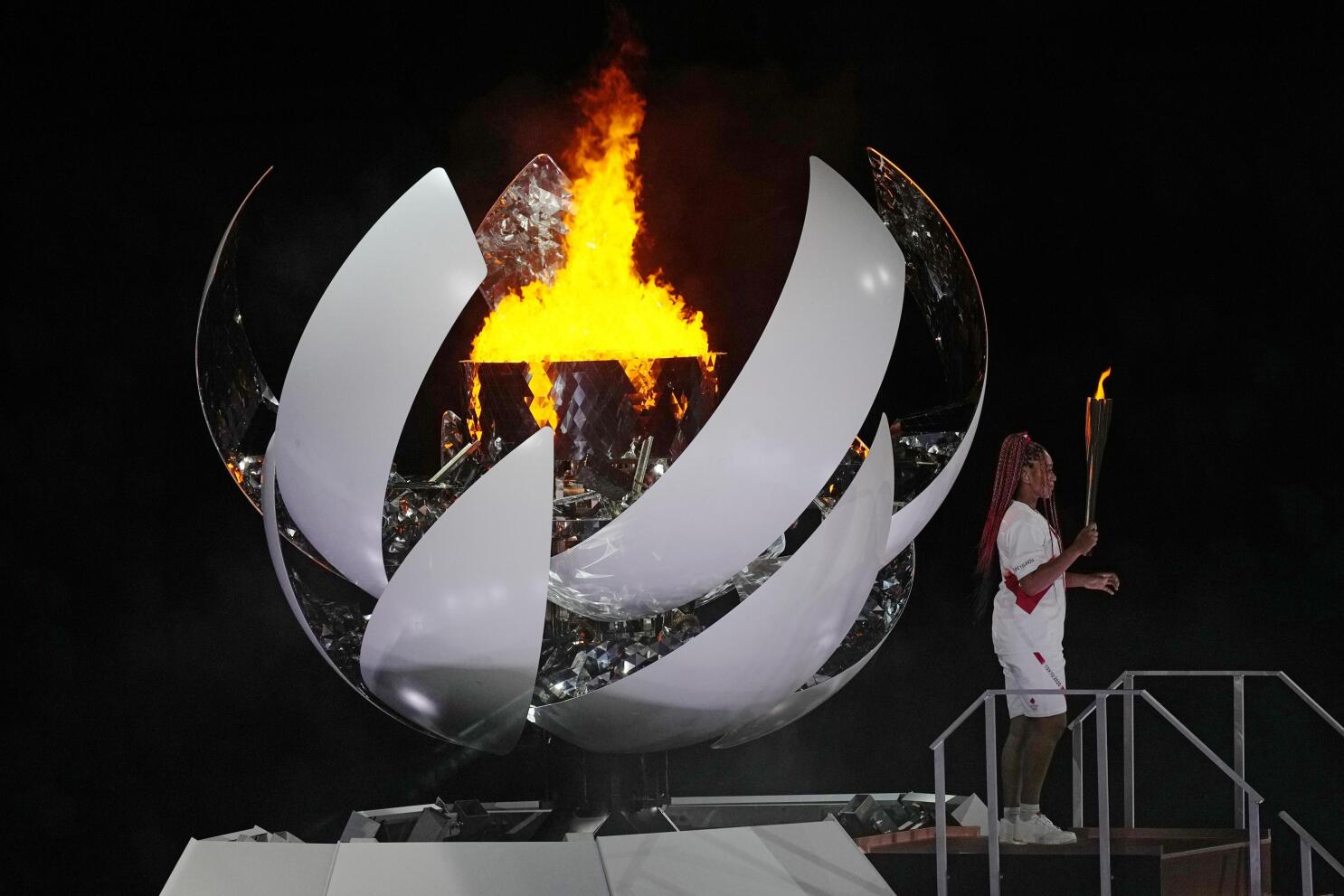The first recorded Olympic Games were held in 776 BC in Olympia, Greece. These games were a tribute to Zeus, the most powerful of the Greek gods, and were part of a larger religious festival celebrated with grandeur.
Initially, the games featured only one event, a sprint called the stadion, which was approximately 192 meters in length. Over time, new events were added, such as wrestling, long jump, discus throw, javelin, and chariot racing, making the competition more diverse and thrilling.
Competing athletes, known for their skill and physical perfection, participated naked as a tribute to the gods and to demonstrate their strength and agility. These games were open only to free Greek men, who came from city-states all over the region.
Victors of the games were highly honored in their hometowns, receiving olive wreaths as a symbol of victory. These athletes were celebrated as heroes, often enjoying lifelong privileges and recognition for their achievements.
The Olympics were held every four years, a period known as an Olympiad. This tradition brought Greek city-states together in peaceful competition, fostering unity and a shared sense of cultural identity among the otherwise rivalrous regions.
The legacy of the ancient Olympic Games continues to this day, inspiring the modern Olympics and representing the ideals of excellence, friendship, and respect. The flame of Olympia remains a symbol of hope and unity across the globe.
